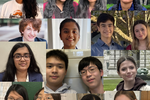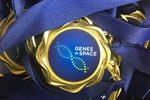Meet the Mentors! - 2024 Genes in Space Competition
Each year, the Genes in Space finalists are tasked with turning their innovative ideas into polished presentations for our judges, but they don't have to do it alone! Genes in Space mentors serve as advisors, coaches and enthusiastic supporters, all while juggling their own research endeavors. Get to know our exceptional lineup of 2024 Genes in Space mentors below:
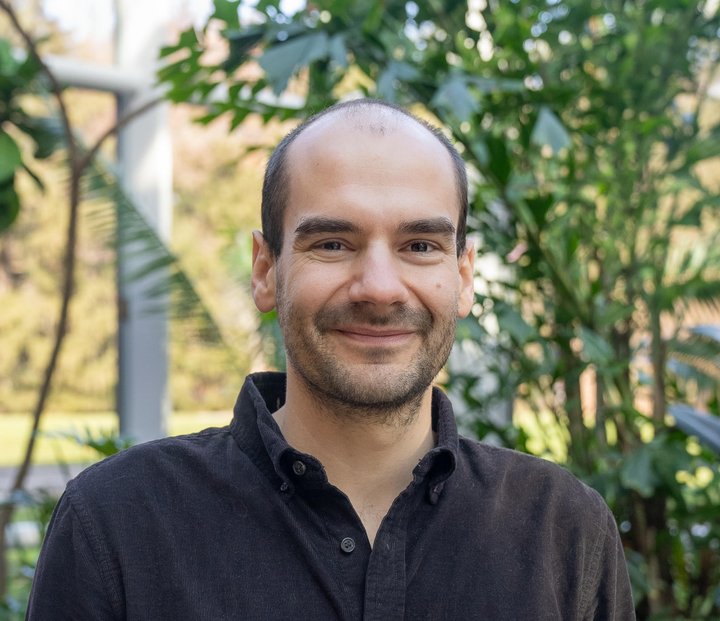 Dr. Aleks Radakovic
Dr. Aleks Radakovic
Dr. Aleks Radakovic
Post-doctoral fellow at University of Chicago
What I Study: I am interested in how amazing biological complexity can evolve from simple chemical processes. Specifically, I am curious about the processes that drove the coevolution of nucleic acids and proteins to establish the Central Dogma. The intellectual freedom to pursue exciting questions and ideas regardless of the exact field is what I love about science!
Why I Mentor: Meeting my mentees over the years I have mentored for Genes in Space has blown my mind! The crisp energy, the fresh ideas, and the unrelenting passion for cool science electrified all of our meetings and culminated in a finale of projects that promised to make our world (and solar system!) a better place. Now, I am excitedly returning to be a mentor again, and I cannot wait to engage with the brightest space scientists that this solar system has seen – you!
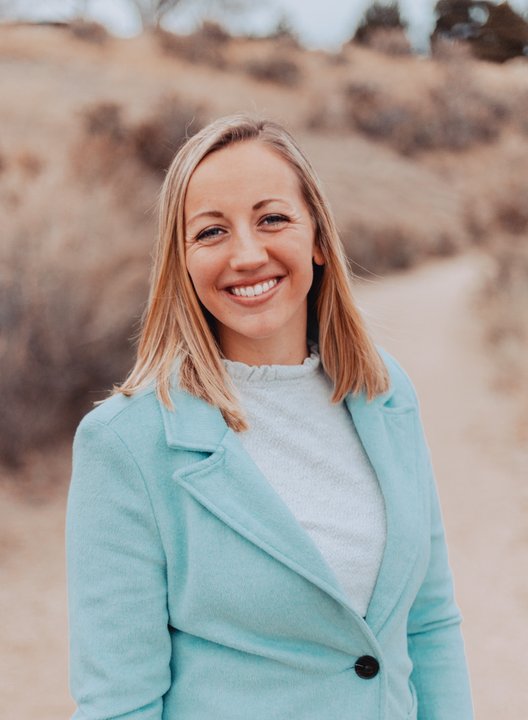 Kayleigh Ingersoll Omdahl
Kayleigh Ingersoll Omdahl
Kayleigh Ingersoll Omdahl
6th-year PhD student, Harvard university
What I Study: My lab researches many aspects of the immune response to bone marrow transplants in order to improve outcomes for patients. I'm focused on better understanding the mechanisms of T cells during graft versus host disease, which arises when donor cells from the transplant attack the recipient's body.
Why I Mentor: I get to share my passion for science with students through combining my favorite research topics: biology and space. I enjoy helping students refine and polish their proposals into a final presentation they can be proud of.
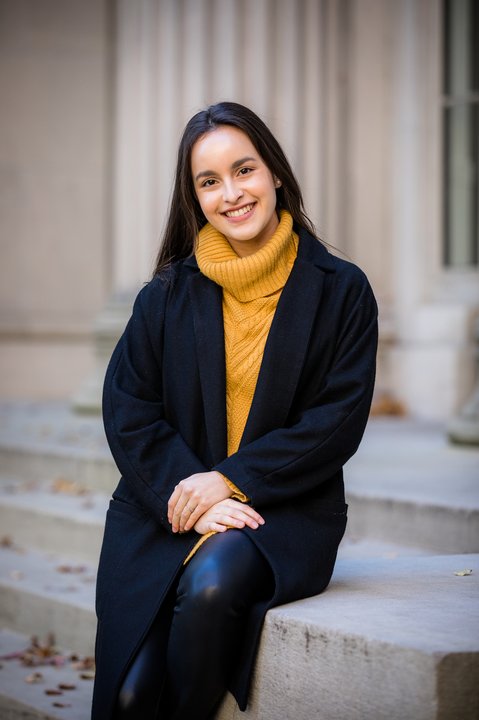 Marissa Rose Morales
Marissa Rose Morales
Marissa Rose Morales
2nd year PhD student, MIT
What I Study: Cell therapies are the next generation of pharmaceuticals, providing hope for patients with formerly incurable diseases like cancer, HIV, and sickle cell anemia, yet much of the world lacks access due to the unprecedented high costs of treatment. I aim to lower cost and improve manufacturing efficiency of cell therapies by using machine learning and Raman spectroscopy, a noninvasive, rapid, single-cell phenotyping method based on the inelastic scattering of photons. With this technique, manufacturers may be able to gain insight into process success soon after transfection and even predict the potency of the cell product in vivo.
Why I Mentor: I have a passion for engineering in low-resource settings, both for global health applications and in spaceflight, a passion that started when I was in high school. I love that Genes in Space gives young people the opportunity to dive into the questions that excite them and make real advancements in bioastronautics. I'm excited to prepare my mentee for a successful project proposal but also to learn from them and their creative ideas!
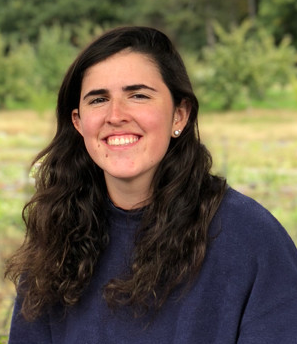 Julie McDonald
Julie McDonald
Julie McDonald
4th year PhD student, MIT
What I Study: I am using protein engineering in an effort to improve plant and bacterial photosynthesis. Particularly, I am trying to evolve the enzyme RuBisCO to have improved carboxylation efficiency, meaning that organisms with an improved enzyme will have an easier time pulling carbon dioxide out of the atmosphere.
Why I Mentor: I mentor to guide and inspire the next generation of scientists. My own scientific career has been shaped by the excellent mentorship I’ve received over the years, and I value any opportunity I have to pass on what I’ve learned to support younger students. I’m looking forward to my first year of mentoring for Genes in Space - I have already been blown away by the curiosity, creativity, and expertise that has been demonstrated in the proposal stage!
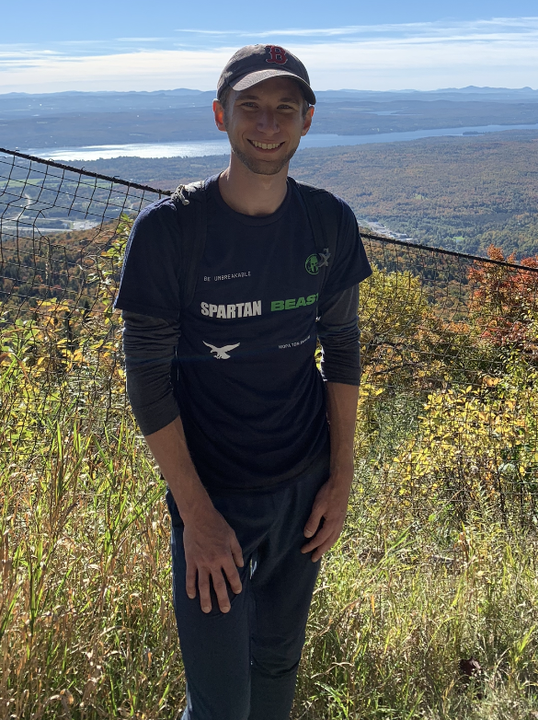 Michael Richard Das
Michael Richard Das
Dr. Michael Richard Das
Recently completed PhD at MIT
What I Study: In some neurodegenerative diseases, people's brains have abnormal clumps of molecules. I studied what types of molecules clump together and why.
Why I Mentor: I think that science, at its core, is all about asking cool new questions and figuring out a way to answer them. I'm excited anytime I get to help students embrace this fundamental aspect of science and I love that Genes in Space focuses on giving students that opportunity. I can't wait to work with the finalists and see their exciting ideas!

